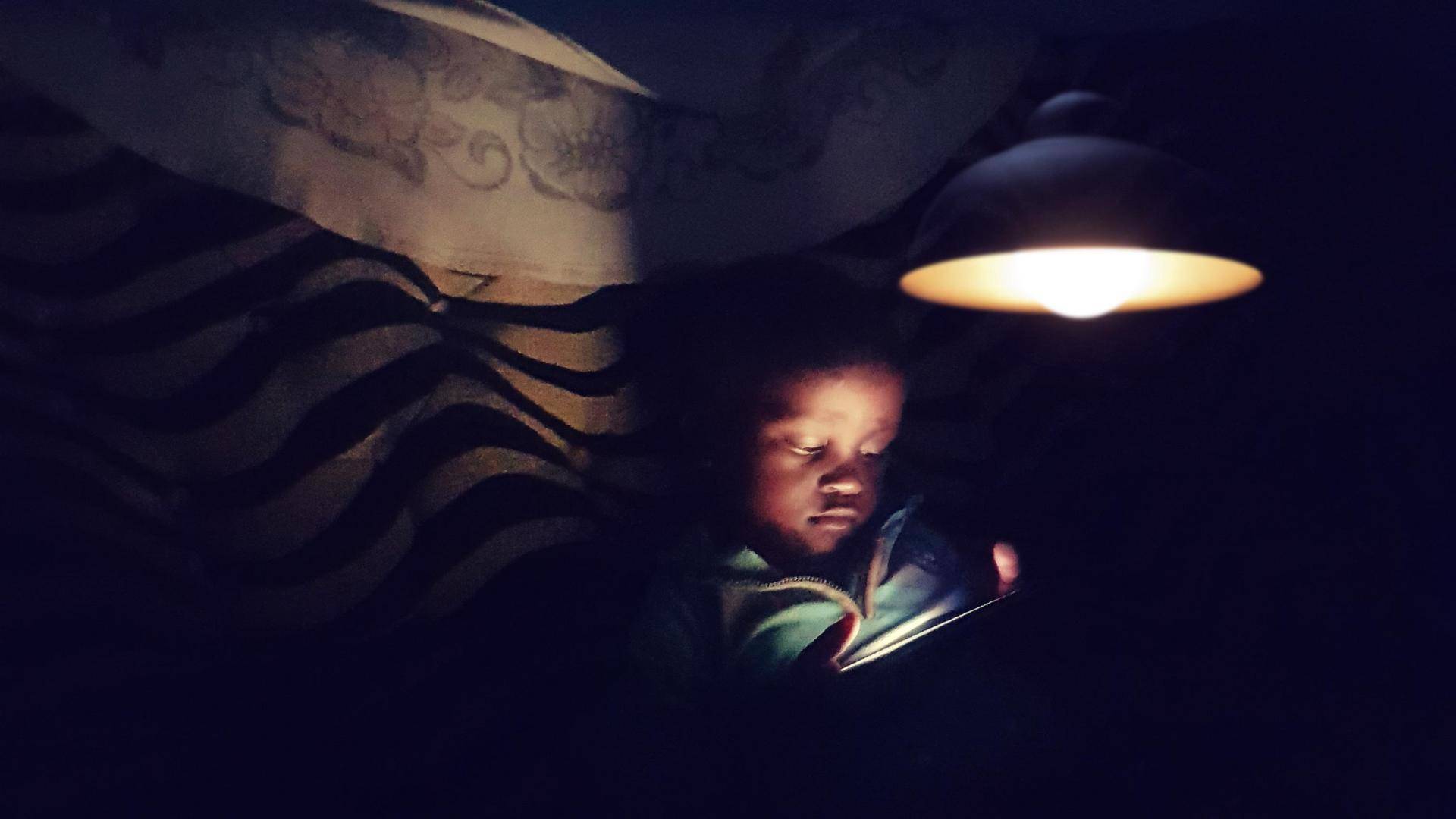We use Cookies. Read our Terms
- News
- Powering up Africa: “Connecting People to Electricity”
Powering up Africa: “Connecting People to Electricity”
OPEC Fund joins Mission 300 with a financing pledge of up to US$2 billion

From the time we wake up in the morning until we hit the pillow at night, our daily life is dependent on electricity. Electricity means we can switch on the light in the morning, take a warm shower and find food in the fridge. Electricity allows us to connect to the internet. Neither businesses nor schools nor hospitals can function without electricity.
When her village Matipwili lost electricity access, her daughter’s performance at school immediately suffered, Mashavu Ali, 45, a mother of eight from Tanzania, told the New York Times. She also had to shelve her own plans to open an ice cream business: “What to say, eh? It remains an idea,” she sighs.
While more than 90 percent of people across the world have access to electricity, the picture is entirely different in Sub-Saharan Africa. According to the World Bank, roughly 600 million people in the region lack access to electricity. The Ghanaian poet Nora Anyidoho writes:
I speak for the sons and the daughters studying by candlelight,
I speak for the mothers, the fathers, the entrepreneurs whose dreams flicker in dreariness.
I speak for the nations, seemingly draped in half-darkness.
I speak to flip the switch.
Flipping the switch is precisely what the Mission 300 initiative is planning to deliver across Sub-Saharan Africa. The OPEC Fund joined the initiative with a pledge of up to US$2 billion at a summit in Dar es Salaam, Tanzania, in January 2025. The event was attended by, among others, World Bank President Ajay Banga, African Development Bank (AfDB) President Akinwumi Adesina, Asian Infrastructure Investment Bank (AIIB) President Jin Liqun, United Nations Deputy Secretary-General Amina Mohammed and several heads of state from across Africa.
Mahmoud Khene, Director, West and Central Africa, attended on behalf of OPEC Fund President Abdulhamid Alkhalifa and said: “We strongly support the approach taken by Mission 300 with a focus on renewable energy and energy efficiency and see this as a win-win- scenario to become a real game changer.”
The World Bank launched Mission 300 in April 2024 in a bold move with AfDB to secure access to electricity for 300 million people in Sub-Saharan Africa by 2030. Flipping the switch for more Africans, either through connections to the electricity grid or distributed renewable energy solutions, such as mini-grids powered by solar panels and stand-alone solar installations, could be transformational for people’s well-being, environmental protection and various aspects of the region’s economy.
To put Africans on a more prosperous course, the pace of electrification needs to triple. Greater access to electricity will also strengthen the region’s climate adaptation and resilience by improving the functionality of critical emergency services, such as hospitals and shelters, and promoting climate-resilient agriculture via solar irrigation systems, refrigeration and food processing facilities.
While the World Bank has pledged to connect 250 million people to electricity, AfDB’s share will be 50 million. About half of the target is expected to be reached through connecting people to the grid, while the other half will mostly come through the expansion of distributed renewable energy systems, including mini-grids and standalone solar.
Financing remains a key challenge. The World Bank expects to spend US$30-40 billion on the plan, President Ajay Banga said in Dar es Salaam, while AfDB will provide US$10-15 billion. However, much more is needed. AfDB President Adesina called for active involvement from a wide range of stakeholders: “This is mission critical,” he said. “Our mission here is to say we need everybody. We can’t have a situation where Africa does not have enough electricity.”
According to the Rockefeller Foundation, a private philanthropic organization, that is part of the initiative, at least US$90 billion are needed and expected to come from multilateral development banks, development agencies, finance institutions, private businesses and philanthropies.
At the summit in January, Nigeria, Senegal, Zambia and Tanzania were among the first countries that committed to reform their electric utility companies, push renewable energy integration and raise national electricity connection targets. Early programs are already building momentum; for instance in Eastern and Southern Africa, the Accelerating Sustainable and Clean Energy Access Transformation program aims to connect 100 million people in 20 countries and has already kicked off in Burundi, Rwanda, Sao Tome and Principe, Somalia and Tanzania.
In Western and Central Africa, the Nigeria Distributed Access through Renewable Energy Scale-up project will benefit over 17.5 million people, or 20 percent of the country’s currently unserved population, replacing over 250,000 polluting and expensive diesel generators.
The new Regional Emergency Solar Power Intervention Project, covering Chad, Liberia, Sierra Leone and Togo, also focuses on increasing electricity access for millions of consumers by boosting grid-connected renewable energy capacity, as well as regional interconnections and transmission.
In addition, efforts to support regional cooperation through programs in support of the West Africa Power Pool are making it possible to supply cheaper and more reliable electricity to 14 countries in the sub-region.
The OPEC Fund’s Regional Director Khene said: “Energy equals growth equals development. Our job is to provide access to vital electricity for the whole life cycle from households to businesses and from hospitals to schools. And it has to be energy that is reliable, clean and affordable. The focus of Mission 300 on Sustainable Development Goal 7 is perfectly aligned with the OPEC Fund’s vision and approach. We look forward to supporting this groundbreaking initiative not only with our financing, but also with our knowledge and expertise from almost 50 years of engagement in Africa.”